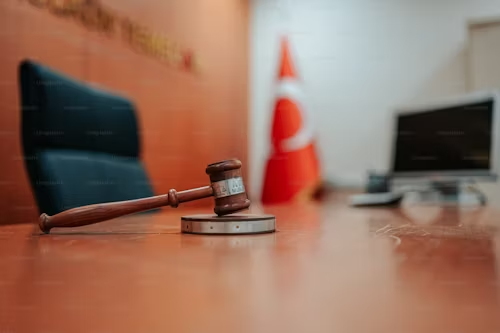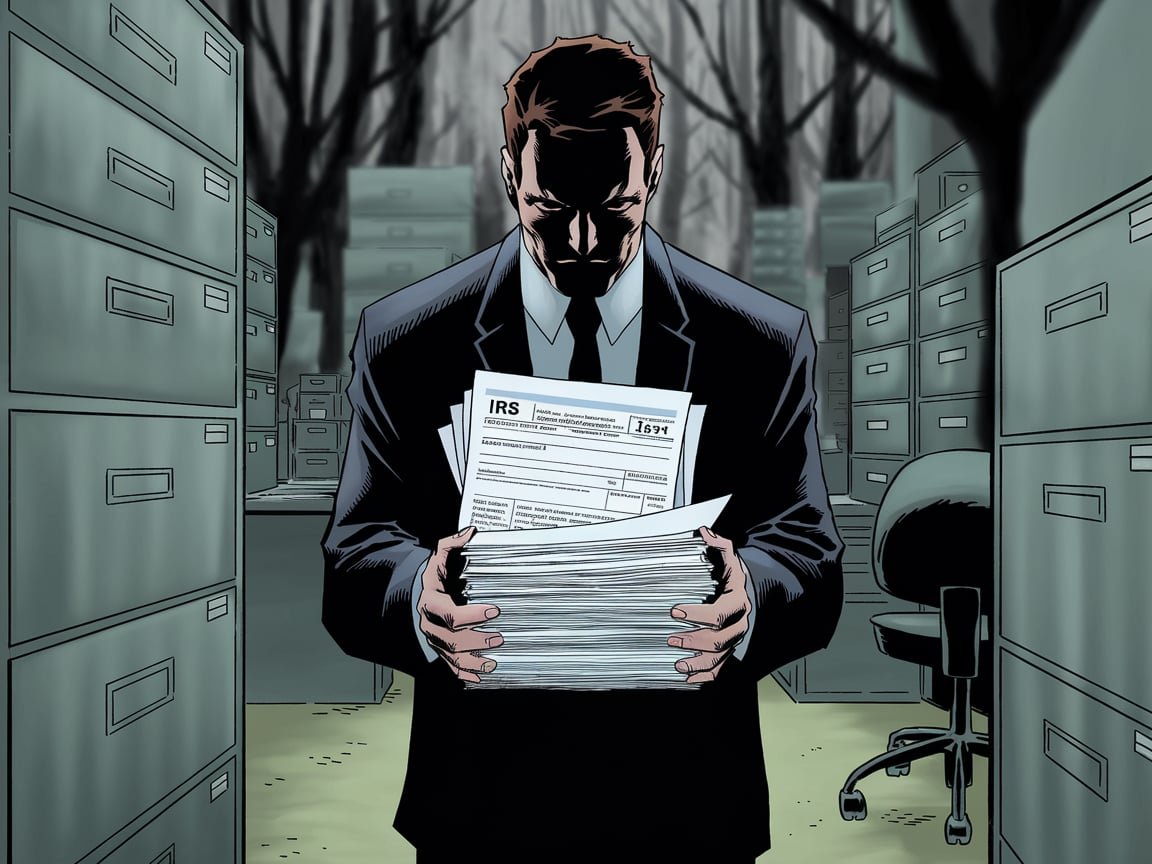The popular app could be removed from U.S. app stores in a month if the Supreme Court upholds the law banning it, so a bipartisan pair of senators urged President Joe Biden to postpone the federal ban on TikTok from going into effect. It is not yet clear whether Biden has a legal right to do so, and in case he does, this can be contested in the court.
Important Information
Sen. Rand Paul, R-Ky., and Sen. Ed Markey, D-Mass., wrote to Biden on Thursday, urging him to grant a 90-day extension that would postpone the effective date of the federal law, which is now set for January 19.
The senators argue that TikTok cannot liquidate its stake in the Chinese-owned parent firm, ByteDance “in that limited time” before the ban comes into effect even though the law requires the company to do so or be blacklisted from U.S. app stores.
Following the panel of lower court judges finding that the ban remains legal, its status lies presently in limbo awaiting for oral arguments by Supreme Court in the case on the validity of the law between TikTok and on the January 10 case docket.

Absent an injunction issued in court, an overruled law or act of[Biden], soon the users would be bereft and for creators at grave sufferings as TikTok gets soon banned from United States according to contention put up by a group of senators in one context, that although “no matter if it acts a day earlier or otherwise. “.
Although the law allows the president to extend by ninety days his deadline to ban TikTok, said Alan Rozenshtein, a professor of law at the University of Minnesota, on X, likely that provision will not come into play now because there can only do so when there is, in the words of the statute, a “clear course toward divestiture” or other substantial evidence that the company is clearly distancing itself from ByteDance, and that isn’t happening in this situation.
If Biden or President-elect Donald Trump, when he assumes office, were to delay the deadline without TikTok having taken any action to divest, he may also face legal action. In an article for Lawfare, Rozenshtein noted that one of TikTok’s competitors might argue that the extension is illegal, or one of the businesses that must abide by the ban—such as Apple or Google—might request a court decision stating whether or not they are legally required to remove TikTok from their platform.
Will the ban in Tiktok take place on 19 January?
The White House has not commented on Markey and Paul’s letter, and it’s hard to know whether Biden would actually be interested in putting the 90-day delay into effect given that he signed the ban into law and his Justice Department defended it in court. The law, as it now stands, is scheduled to take effect January 19 unless the Supreme Court can rule beforehand to strike the law or put the law on hold while it decides. If the ban occurs on January 19, Trump can intervene to push through a 90-day delay once he assumes office on January 20. As of now, however, he has not declared plans to do so and this would still be up for the same legal problems Biden’s delay would encounter should TikTok still not be in the process of divesting itself from ByteDance.
Will Bytedance sell TikTok?
TikTok has thus far refused any possibility of divesting itself from ByteDance, saying in a court filing the move is “not possible technologically, commercially, or legally.” It remains to be seen if the company will stick with that position if the Supreme Court upholds the law, or if it will decide to find a new U.S. owner in the face of the ban actually taking effect. But so far, ByteDance has also refused to sell TikTok. James Lewis, director of the Strategic Technologies Program at the Center for Strategic and International Studies, thinks China may be more flexible on negotiating with Trump and possibly approving a sale of TikTok if he would get off his threat of very high tariffs on Chinese imports.
Why Are Markey and Paul Against the Ban?
Markey and Paul are certainly in the minority when it comes to opposition against the ban on TikTok, the vote to which was more than one-sided when passing the House by a margin of 352 to 65 votes, as several senators did speak to defend it. (The bill passed the Senate as part of a broader spending bill, so while it passed in a 79-18 vote, senators were not only voting on the TikTok provisions.) Markey has long opposed the TikTok ban, speaking on the Senate floor against the legislation before it passed and saying that while it could mitigate national security issues, “it could, and likely will, result in widespread censorship.” The lawmaker said he was speaking “not in defense of TikTok, but in defense of TikTok’s users,” warning lawmakers to be “clear-eyed about” the ban’s stakes and arguing, “Instead of protecting people online, we’re censoring their speech.” Paul has similarly been outspoken against banning TikTok, warning in 2023 that banning the app could alienate young voters and claiming in March the ban “makes no sense whatsoever.” “TikTok is banned in China,” Paul said in an interview with NewsNation. “People who want to ban it are thinking—Wow, we’re going to really defeat the Chinese communists, by becoming Chinese authoritarians and banning it in our country?”
Contra
While Markey and Paul are trying to keep the TikTok ban from taking effect, other lawmakers are doubling down on the policy and reminding companies they have to follow it. House China Select Committee chair John Moolenaar, R-Mich., and ranking member Raja Krishnamoorthi, D-Ill., fired off letters to the CEOs of Apple, Google and TikTok last week, noting that the law is set to take effect on January 19 and reminding them “must take the necessary steps to ensure [their companies] can fully comply with” the ban. “Congress has acted decisively to defend the national security of the United States and protect TikTok’s American users from the Chinese Communist Party,” Moolenaar and Krishnamoorthi wrote in their letter to TikTok CEO Shou Zi Chew. “We urge TikTok to immediately execute a qualified divestiture.”
Key Background
In April, Biden signed the TikTok ban into law; in fact, the law was made to reflect long-standing concerns lawmakers across the aisle have harbored about national security issues concerning the app and ByteDance’s ties to China. TikTok has always denied any wrongdoing or links to the Chinese government, but Forbes has reported on a number of concerns involving the company, including spying on journalists, promoting Chinese propaganda criticizing U.S. politicians, mishandling user data and tracking “sensitive” words. The law orders companies to remove TikTok from U.S. app stores or else face financial penalties, and says internet service providers cannot enable its distribution either, which TikTok has argued will cut off “the services that enable the TikTok platform to function, effectively shutting down TikTok in the United States.” TikTok and creators on the app challenged the law in court days after it was enacted, arguing it violated their First Amendment rights. The federal government maintained that the move is necessary for national security reasons, and a panel of judges from the federal appeals court concurred. The court has dismissed the law, ruling it in no way violates TikTok’s First Amendment rights because everything on the platform can be left up if the company simply separates itself from ByteDance. TikTok appealed the case on Monday, after the court of appeals said they wouldn’t stay the law while TikTok seeks an appeal, and then the justices quickly ruled to grant the petition to take up the case and hear it January 10.


